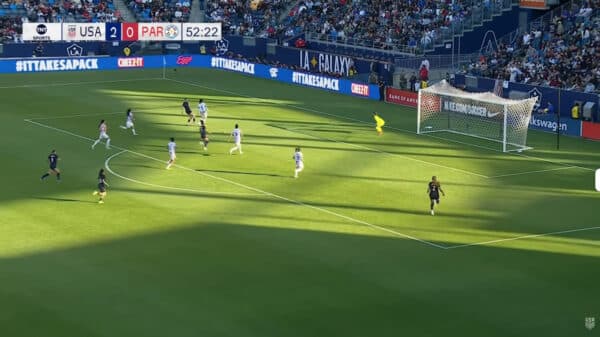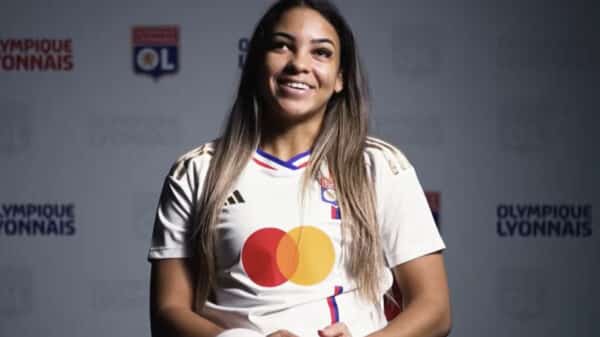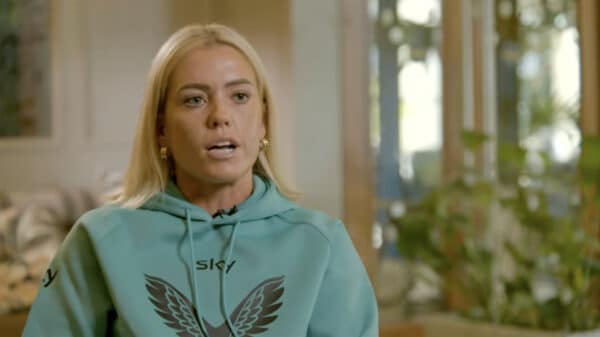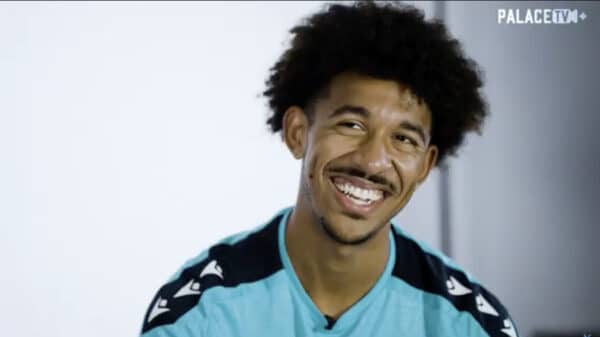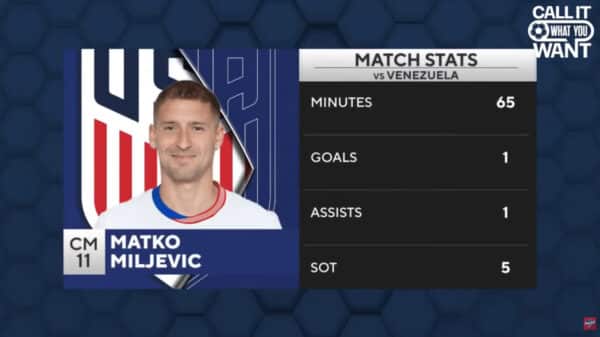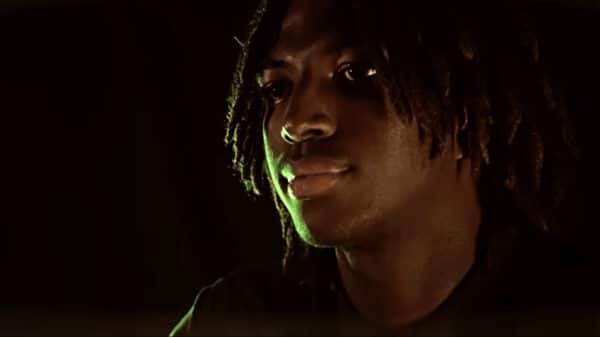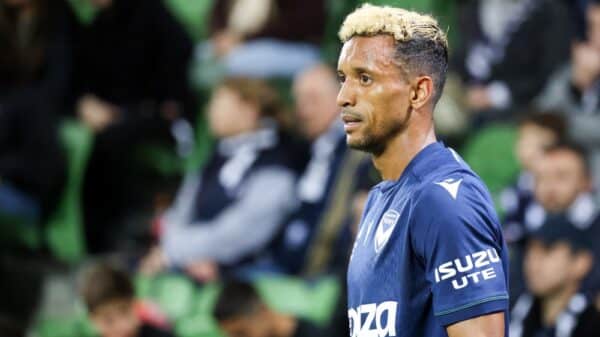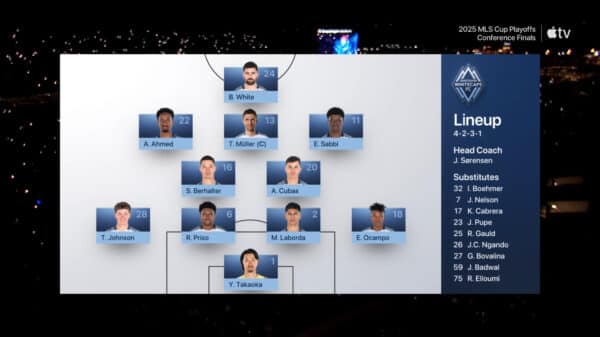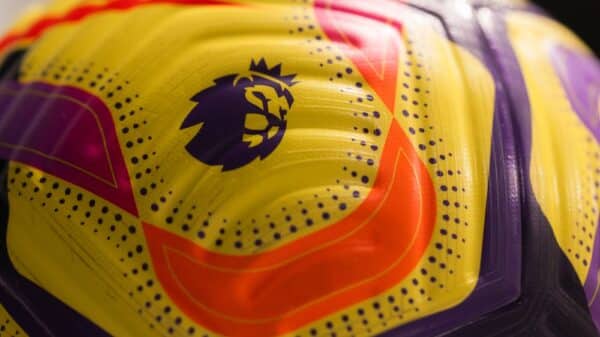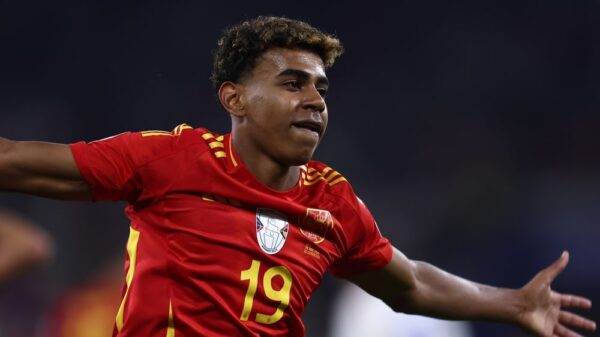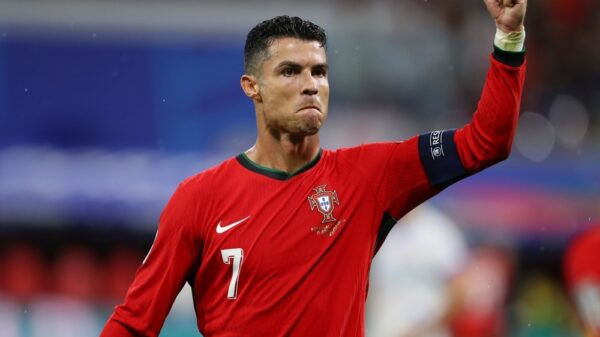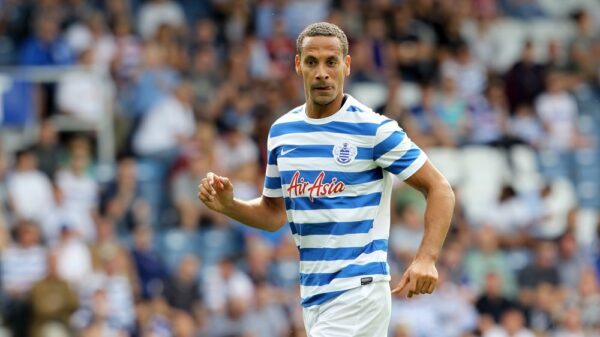Kylian Mbappé’s transfer to Real Madrid in June 2024 represented a pivotal moment in his career, marking the end of a dynamic seven-year chapter at Paris Saint-Germain (PSG) as he embraced the allure of Madrid’s historic club. Throughout his time at PSG, he established himself as one of football’s standout talents, netting an impressive 175 goals in only 205 appearances. His time with the club was adorned with numerous accolades, including 12 major trophies, such as six Ligue 1 titles, ensuring his status as both a fan favorite and a formidable presence in European football.
However, Mbappé’s departure from PSG turned out to be far from the storybook ending one might expect. Instead, it evolved into a legal confrontation, with Mbappé suing the French club for alleged moral harassment. This dramatic shift from the heights of pitch performance to courtroom disputes underscores how even the most celebrated athletes can become ensnared in complex dilemmas.
Central to this dispute is Mbappé’s assertion that PSG exerted undue pressure on him to sign a contract extension against his wishes, which he claims has resulted in unpaid wages totaling approximately €55 million ($61 million). The narrative surrounding this claim paints a concerning picture that extends beyond a mere disagreement between player and club. Mbappé contends that after he expressed hesitance to extend his contract in 2023, he was effectively sidelined from the first team—a tactic known in France as ‘lofting’, often employed by clubs to discipline players.
This maneuver isolated him from team dynamics, depriving him of the support of his teammates. Excluded from vital preseason matches in Japan and South Korea, he found himself relegated to solitary training sessions. It’s relatable to feel empathy for Mbappé; envision being at the pinnacle of your profession while experiencing isolation and pressure to make decisions against your better judgment. Such circumstances can have a significant emotional and professional impact.
Furthermore, amid the challenge of his work situation, he rejected an extraordinary €300 million ($351.4 million) transfer offer from Saudi club Al-Hilal, demonstrating his dedication to personal principles over financial gain. This decision reflects Mbappé’s character, as he seeks a setting where he feels valued and critical to the team’s success. Ultimately, he opted for free agency, indicating a desire for greater control over his career.
The situation is further complicated by Mbappé’s claim that PSG owes him wages accrued prior to his departure. Legal threats from his representation in April indicated that this matter would escalate if not resolved amicably. The undercurrents of tension between Mbappé and PSG likely simmered for some time, becoming publicly visible when he declined the extension offer.
Examining the complexities of this conflict reveals the true pressures athletes endure, beyond the glamorous image of professional sports. It exposes a multifaceted reality where personal values, career ambitions, and corporate pressures clash, forcing even the top athletes to maneuver through a challenging and sometimes adversarial environment. As fans, we often witness the accolades and breathtaking performances on the field; however, beneath the surface lies a different narrative—one that is marked by the struggle for dignity, fair treatment, and recognition.

